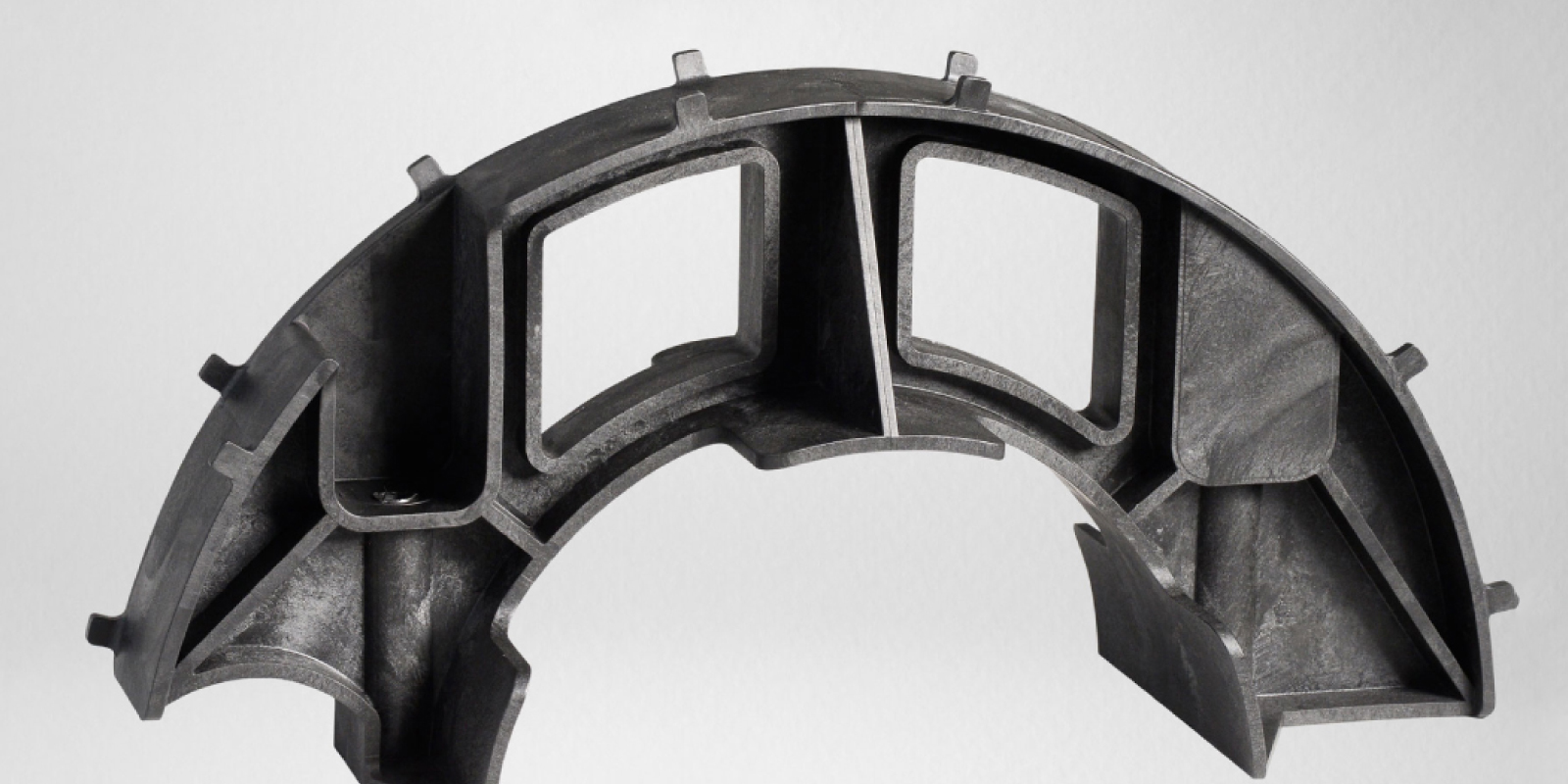THERMOPLASTIC IMPACT RESISTANT COMPOSITES
PROVIDING IMPACT RESISTANT COMPOSITES FOR THE RESOURCES SECTORS
WHAT ARE THERMOPLASTIC COMPOSITES?
Thermoplastic composites describe a class of materials that use a thermoplastic binder, such as polypropylene, to bond glass, carbon or aramid fibre reinforcements.
Thermoplastic composites retain the toughness and durability of thermosets, making them suitable for damage and impact resistant applications. They also provide the potential to recycle – thermoplastic resins may be transformed from a solid to liquid and back again by the simple application of heat. Matrix regularly recycle material trimmed from production parts back into the moulding process.
Matrix have been manufacturing thermoplastic composite parts using injection moulding for over a decade and have exported a majority of these to our global customer network. The physical properties of injection moulded thermoplastics are enhanced by the addition of short fibre reinforcement, and Matrix use both glass and carbon reinforcements to improve the stiffness, strength and abrasion resistance of parts.
On a grander scale, continuous reinforcement fibres can be consolidated and bound together to produce large laminates. Matrix’s manufacture of impact resistant marine riser protection using a combination of glass reinforcement and polypropylene binder is a demonstration of our capability in this area.
The use of short and continuous fibre can also be combined – the aim being to benefit from the load bearing capability of the continuous fiber laminate and the detailed structure possible with injection moulding. Matrix are working with a number of clients to replace steel fabrications with injection overmoulded laminates, saving both cost and weight.
MATRIX MANUFACTURING PROCESSES – THERMOPLASTICS
- Injection moulding
- Large-scale vacuum consolidation
- Injection over moulding
- Rotomoulding
KEY BENEFITS
- Recyclable: more efficient use of resources and less waste
- Fatigue resistant: creates material ideal for use in harsh and corrosive environments
- Highly durable: thermoplastic composites are tough, making them suitable for damage and impact resistant applications
- Light weight: reduces the cost and scale of infrastructure to support the system
- Easily tailorable: enabling the material to be suited to a wide range of temperature, mechanical and environmental conditions.
APPLICATIONS
Thermoplastic composites replace traditional materials such as aluminium and steel where weight, corrosion, chemical and impact resistance issues need to be addressed. As such, Matrix thermoplastic composites have been found in a broad range of applications in the mining and oil & gas sectors. Examples include:
- Drilling riser protection covers
- Injection moulded centralizers
